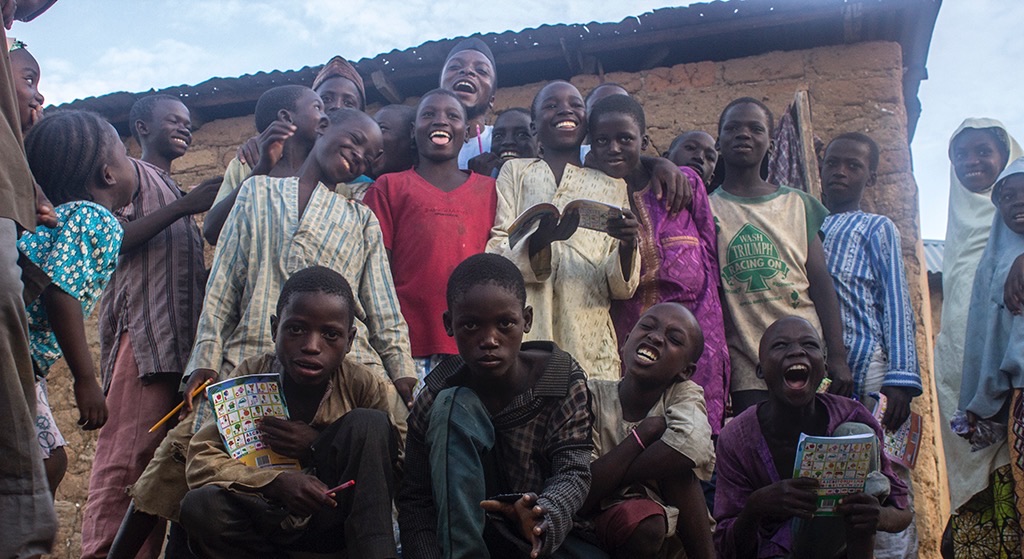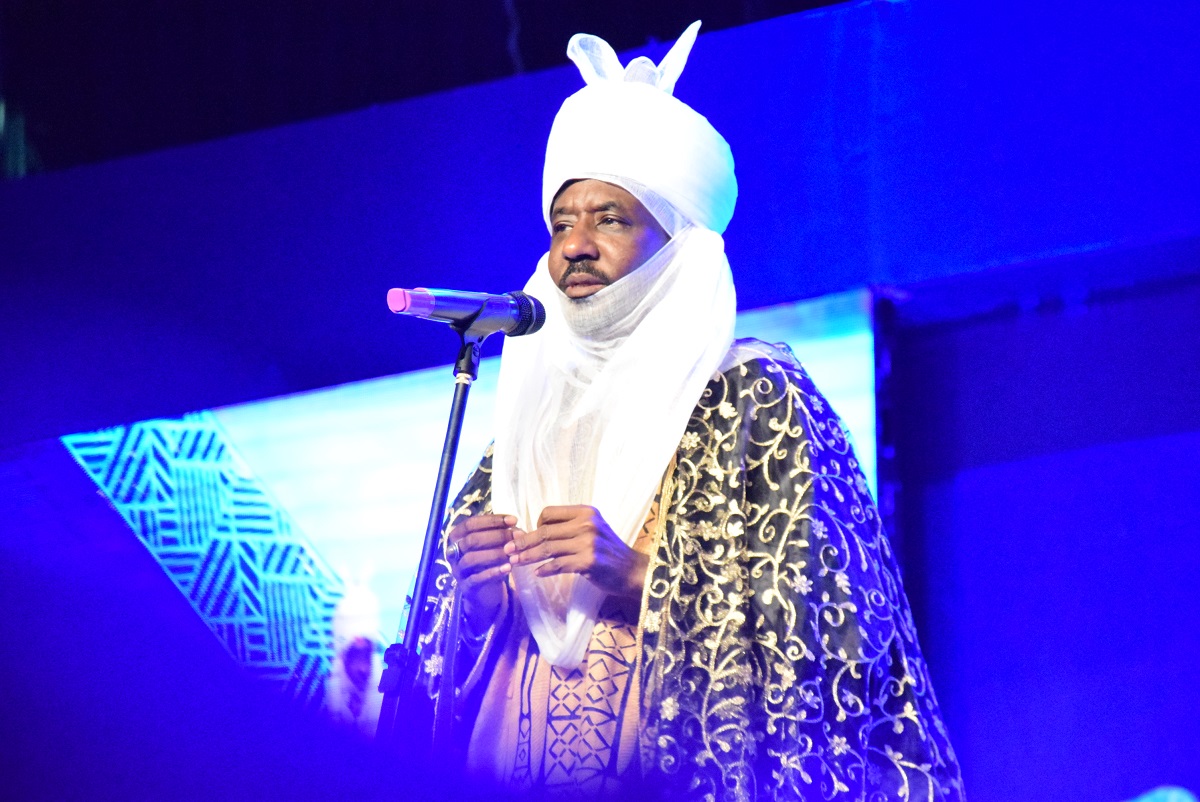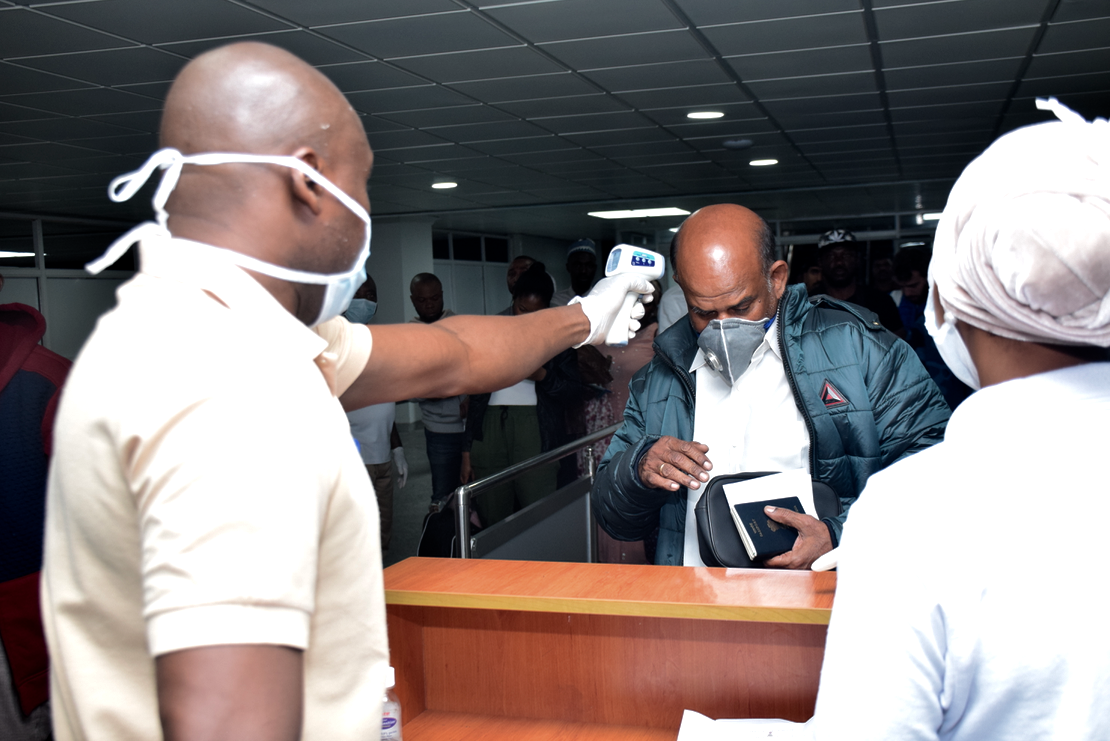Sometime in early 2019, some religious leaders in Sokoto state called a meeting of stakeholders in the seat of the Caliphate including Islamic scholars and influential bodies, for them to discuss plans by some individuals and groups to “smuggle” a certain bill against the Islamic religion into the state.
At that meeting which was also attended by student leaders, the organisers raised an alarm that the said bill will destabilise the predominant culture of the people, being Islam. They specifically said “westerners are planning to smuggle in the bill (through the state house of assembly) with provisions that are against Islam.”
Can you guess the piece of legislation in question? The bill seeking to domesticate the child rights act in the state.
The meeting, I learnt, was in fact the latest of a month-long campaign the Islamic scholars were staging against the piece of legislation, largely because, as they claimed, they were not “carried along.” It took the intervention of the state government officials led by Hajiua Kulu Sifawa, the commissioner for women and children affairs and other civil society organisations (CSOs) and partners to avert what could have been a tragedy.
Advertisement
Sifawa had to take time to explain to those in attendance that the move to enact the bill was not a plot to destabilise the the culture of the people as is being alleged, but to improve the welfare of children. She went further to invite a representative of the group to join the local chapter of the Child Protection Network (CPN), a network of CSOs championing the campaign for the adoption of the act in the state, so that they will have a firsthand account of the process of domesticating the bill.
Unfortunately, such misconceptions have been one of the major factors that have delayed the passage of the child protection bill, the state’s version of the child rights act. The act was first adopted by the United Nations General Assembly as the Convention on the Rights of the Child in 1989. Basically, it stipulates the civil, political, economic, social and cultural rights of children under four areas namely: non-discrimination; devotion to the best interests of the child; the right to life, survival and development; and respect for the views of the child.
Nigeria adopted it as the child rights act in 2003, but 11 states are yet to adopt it, including Sokoto. What this simply means is that the children in these states will continue to have their rights trampled upon, and there is nothing anybody can do about it.
Advertisement
For a state where child labour and abuse against children still thrives, one would think the state government would work with the speed of light to not only pass the child protection bill, but also ensure its full implementation. During a recent visit to Sokoto, I met with a number of stakeholders including one of the state commissioners to enquire about the child rights act and while they struggled to create an impression that the act will “soon” be passed, current realities suggest that may not be the case anytime soon. What’s more? Some of the stakeholders like Mohammed Sara, chairman of CPN in the state, fear that the act, even if passed, may not be useful after all if the state government does not put in efforts to ensure its provisions are implemented with accompanying penalties for any default.
Sifawa whose ministry is overseeing everything concerning the act, told me a draft of the act will soon be sent to the state house of assembly as an executive bill, and that efforts to do this are in “the completion stage.”
According to the commissioner for women and children affairs, “we have consulted all the stakeholders, our traditional rulers, Ulamas, religious leaders and many others. Child protection committee has also been set up. So, the implementation will not be a problem.”
CRITICAL PROVISIONS SCRAPPED
Advertisement
I could not get was difficult to get a copy of the child protection bill which the ministry was working on, but persons that have been involved in the process told me the bill started to gain some acceptance particularly among religious leaders after some parts of it that were seen to be violating Islamic laws and principles were removed.
One of those privy to the matter told me “anything that contains what is already provided for in the Islamic law or does not have a backing with Islamic law was removed”
According to the contact who was speaking off the record: “The Islamic scholars protesting were condemning the bill, saying they want to bring westernisation in the state. They had the original copy of the child rights act and started to distribute it to other people. Meanwhile, the Child Protection Network has their own copy and have removed some parts including the issue of DNA, child labour among others.”
Among the clauses removed from the bill include provisions that: prohibits children from doing any form of work or house chores, stipulates how a man’s children will inherit his wealth, states how to identify a child through DNA in occasions like war as well as stipulates age limit for marriage. The limit, which was 18, was totally removed with no age stipulated.
Advertisement
According to Yusuf Ladan, Sokoto focal person for YouthHubAfrica, an organisation also championing the campaign for the domestication of the act in the state, recent events show “the bill is going to be a success.”
He said a workshop was recently organised for the state lawmakers where they were enlightened on the relevance of the bill, and that with such training in addition to continuous engagement with stakeholders, most of the issues hindering the adoption of the act have been addressed.
Advertisement
“Since the Sultan accepted the bill, traditional rulers no longer have any problem with it,” he said, adding: “The state government is serious about the domestication of the child rights act. This is because, Plan International and UNICEF also have interest in the legislation and it is part of the agreements in the Spotlight Initiative through which funds are provided for welfare of children and women and prevent violence against them.”
Advertisement
Views expressed by contributors are strictly personal and not of TheCable.






